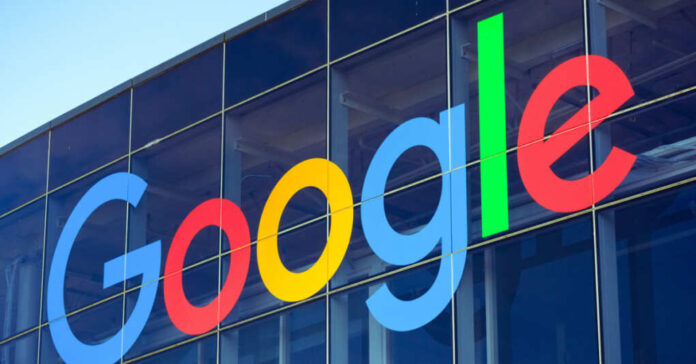
In September, Google faced off against the U.S. Justice Department and a coalition of state attorneys general in a landmark lawsuit alleging that Google holds an illegal monopoly in the internet browser space.
The government’s lawsuit against Google in 2020 accuses the tech giant of engaging in exclusionary practices through browser agreements. These deals allegedly aimed to solidify Google’s dominant position in the search market, which the government estimates to be about 90% in the U.S. The lawsuit contends that the company limited competition by steering billions of web queries to Google through these agreements, resulting in fewer choices for consumers and stifling innovation.
The case alleges that Google achieved its search engine dominance by paying billions to partners like Apple to ensure its search engine was the default on most phones and web browsers. While Google maintains that it did not violate antitrust laws and sees its browser agreements as legitimate competition, the government argues that such exclusive deals can be deemed unlawful if they prevent rivals from entering the market.
The case will be wrapped up in late November, with a judgment expected by early 2024. But the case has revealed the lengths that Google went to so it could maintain its position as the number one search engine in the world.
When Microsoft held the web browser throne, Google expressed dissatisfaction with search engine defaults, as disclosed in recently unveiled documents. In 2005, David Drummond, a former Google lawyer, cautioned Microsoft, then recovering from its antitrust challenges, about the potential negative perception by antitrust regulators. Drummond suggested that designating Microsoft’s search engine as the default on its dominant Internet Explorer browser could lead to legal repercussions, with Google contemplating a lawsuit against Microsoft.
Several Microsoft executives, including CEO Satya Nadella, affirmed their strong desire to set Bing as the default search on Apple devices, even willing to incur significant annual losses for this privilege.
During the trial, Samsung and Verizon admitted to declining negotiations with Microsoft regarding a shift in their search defaults to Bing. This reluctance may have been influenced by Mozilla’s experience transitioning from Google to Yahoo. Mozilla CEO Mitchell Baker testified that Yahoo offered more significant financial incentives and fewer ads, leading Firefox to switch its default search to Yahoo in 2014. However, Mozilla eventually reverted to Google a few years later, with Baker attributing the change to Google’s superior search quality. This testimony aligns with Google’s defense that it offers a better consumer user experience.
In March 2019, Google faced challenges meeting search revenue targets due to declining search queries. Former Google Head of Search, Ben Gomes, expressed discomfort about a proposal that would increase ad revenue by degrading user experience but clarified that the proposal was never implemented. But Jerry Dischler, current head of ads, admitted tweaking search ad auctions to potentially raise prices by 5-10% without informing advertisers, highlighting Google’s monopoly power in the search ad market.
American Economic Liberties Project legal counsel Lee Harper explained the significance of the revelation. He observed that it was indicative of
Google’s monopoly power in the search ad market if Google could “raise prices on advertisers without losing market share.”
Google’s revenue-sharing deal with Apple took center stage in the trial, with Apple believed to receive most of the payouts. Securing the default search position on Apple devices, comprising about half of the U.S. smartphone market, is crucial for Google. While the deal’s details were mostly kept private, a slip-up from a Google defendant during the trial revealed that Apple receives 36 percent of Google’s ad revenue for searches on its Safari browser. The exact monetary value remains undisclosed, with estimates suggesting it’s over $10 billion, potentially reaching $18 billion.
The revelations didn’t stop there. The court saw evidence that In 2021, Google distributed $26.3 billion to companies such as Apple, Verizon, Samsung, and Mozilla as part of its agreements. Google’s search ad revenue for that year totaled $146.4 billion.
Presiding Judge Amit Mehta’s verdict will determine the future course of the case. If he rules in favor of the plaintiffs, the next decision will involve determining Google’s punishment, ranging from restricting default search agreements to potentially ordering the company’s breakup.
But Google’s legal battles are far from over. The tech giant is facing a California-based antitrust lawsuit related to its Play store, and the DOJ has slated another antitrust lawsuit against Google concerning its digital advertising business practices in March 2024.














